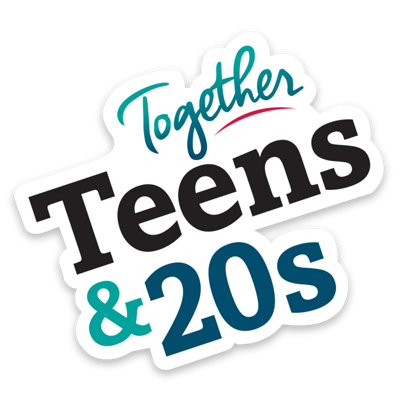How journaling may help
One type of journaling is called therapeutic journaling. It involves recording thoughts and feelings about personal experiences, said Shilagh Mirgain, PhD, a psychologist at the University of Wisconsin. Writers can reflect on their experiences.
“It is writing to work through issues and concerns so we come to a place of acceptance, peace, and clarity about how to move forward,” Dr. Mirgain said.
In many cases, it can help people make sense of things and gain a deeper understanding and mastery of how they feel.
For example, Mirgain remembers working with a patient who realized through her journaling that there was nothing fun associated with chemotherapy. She began to dread those sessions.
So she created ways to link enjoyable activities to chemo days such as lunch out with a friend, shopping, or donating to charity.
Writing can also help you put things in a new light, said Mallory Casperson, chief executive officer (CEO) of Lacuna Loft, an online resource for adolescent and young adult cancer survivors.
“Journaling can be the act of facing something you may not have faced before – something you may have wanted to share but couldn’t share with your friend group,” Casperson said.
For example, Anna writes about her reactions to things that happen to her --sometimes thoughts she doesn’t care to speak out loud. Journaling allows her to feel raw emotions and process them instead of keeping things bottled up.
“If I didn’t write it down, I’d be cheating myself from feeling it,” Anna said. “I need to write it down. I can’t let go of the feeling until I do.”
She has kept a journal since middle school, so it was natural to continue it.





